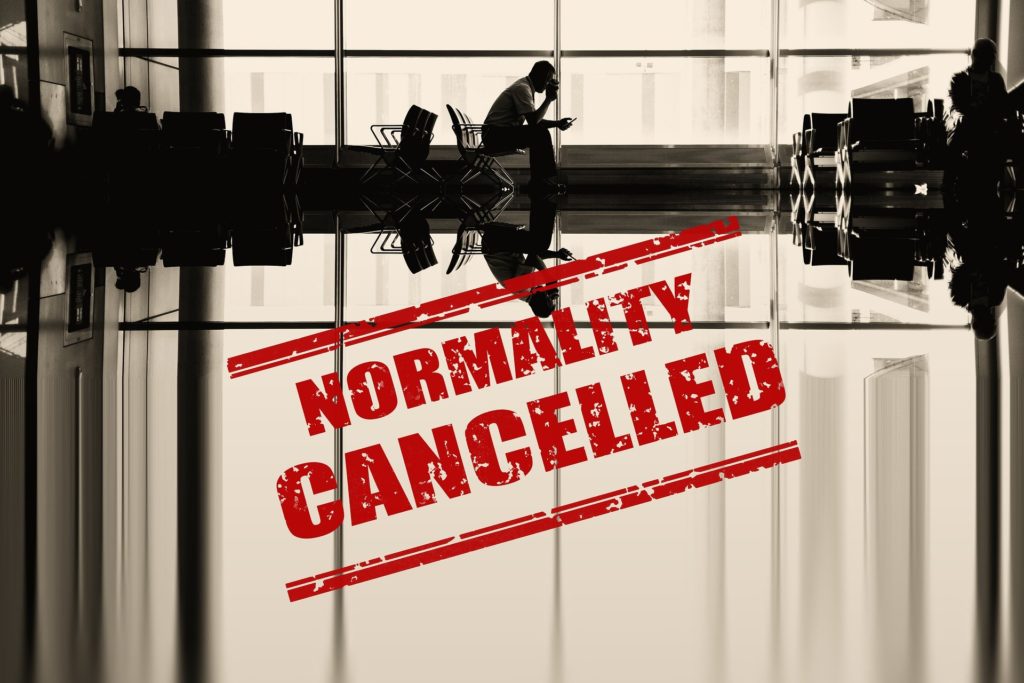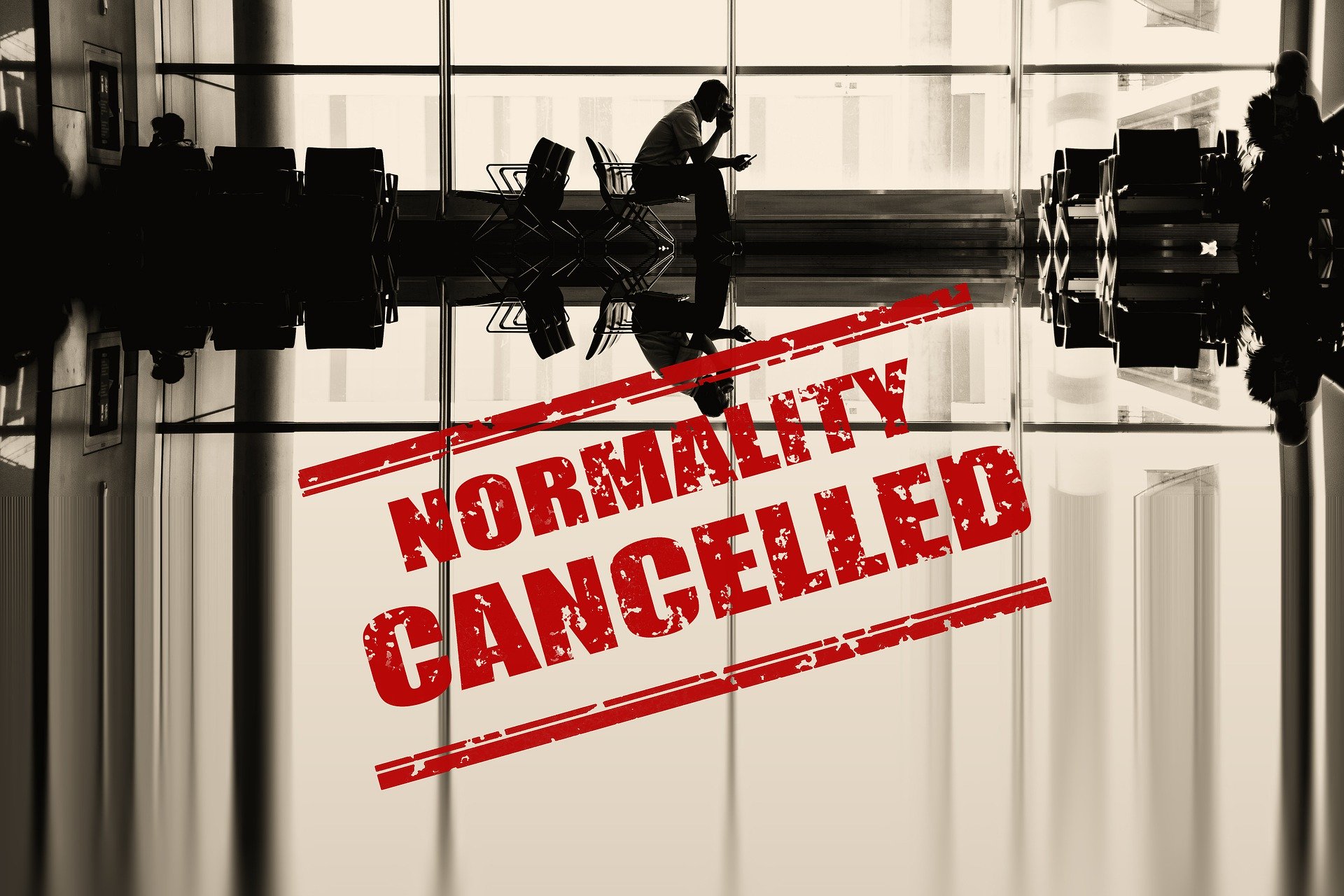
People are talking about lawsuits these days, even more fervently than usual. Why? Because the big question is: What will happen if a person claims he or she contracted COVID-19 at a restaurant, or store, or at work … and then sues the business owner? Will the business’ insurance policy pay the claim?
At the moment, it’s impossible to answer that question with any certainty because we have no precedent to follow. In other words, we’re in uncharted waters.
One of the first things to remember about insurance claims (with or without associated lawsuits being filed) is that liability insurance only pays if the insured was legally liable for causing bodily injury or property damage. And legal liability can only be determined by the courts.
It’s true that many insurance companies settle claims without lawsuits being filed or trials having to be undertaken. And that’s because the facts associated with the claim are so clear cut the insurance company is confident that if the matter went to trial, their policyholder would be deemed negligent and, therefore, legally liable.
Nothing about COVID-19 is especially clear right now. Therefore, how can we determine whether an individual or business exercised due diligence in preventing its spread?
My best guess is that if every business follows federal, state, and local guidelines about social distancing and preventing the spread of coronavirus, proving it was negligent is going to be very difficult. However, many believe some guidelines are not feasible, or reasonable. What then?
Only time will be able to answer these questions. However, I do talk more about this topic on Episode 8 of my podcast, so take a listen here.
